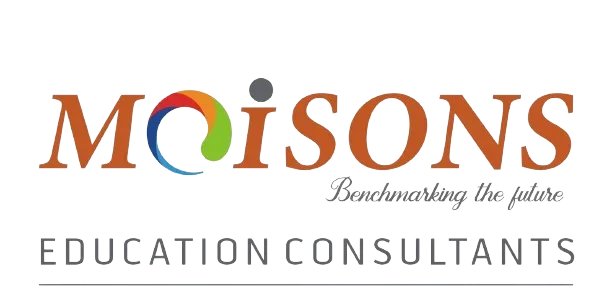With a history dating back to its founding in 1953, the institution has continuously evolved to oDer state-of-the-art facilities for the diverse needs of its international student body. The campus itself is located in the iconic Oxford, providing a peaceful yet stimulating environment for learning. Among its standout facilities are classrooms equipped with the latest technology, student support and tutors that are expert in their field. Moreover, the institution takes pride in its comfortable student accommodations, ensuring that learners feel at home and are close to the School while pursuing their academic learning.

In line with its commitment to promoting linguistic proficiency to all students, St. Clare’s oDers numerous English language courses tailored to suit varying proficiency levels and
learning objectives. From intensive language programmes designed for beginners to specialised courses, students have access to a diverse range of learning pathways:
- English for Life
- English for Examinations
- English Combination
- One-to-One lessons
The English for Life programme gives students the language skills essential for navigating real-life situations with confidence and proficiency. This course empowers learners to eDectively communicate in diverse contexts. For those aiming to pursue higher education or professional opportunities requiring English proficiency, the institution oDers specialised English for Examinations courses, to prepare students for crucial assessments such as the IELTS. Additionally, the English Combination option allows students to tailor their learning experience by combining diDerent language skills, thereby giving a holistic approach to language learning. For those seeking personalisedattention and focused guidance, St. Clare’s Oxford also oDers One-to-One courses, providing individualised sessions that address specific learning objectives and areas of improvement.
Beyond its academic oDerings, St. Clare’s Oxford has a lively community where students can engage in a wealth of extracurricular activities that enrich their overall educational experience. From cultural excursions exploring the rich heritage of Oxford to sports clubs promoting physical well-being and teamwork, there is no shortage of opportunities for students to expand their horizons beyond the classroom. Moreover, the institution encourages intercultural exchange and promotes global awareness among its diverse student body. Students at St. Clare’s Oxford are encouraged to embrace holistic development and make the most of their time in this intellectually stimulating environment.
Need help?
If you want to know more about the courses, scholarship and how to apply, contact Moisons at askus@moisons.com.

